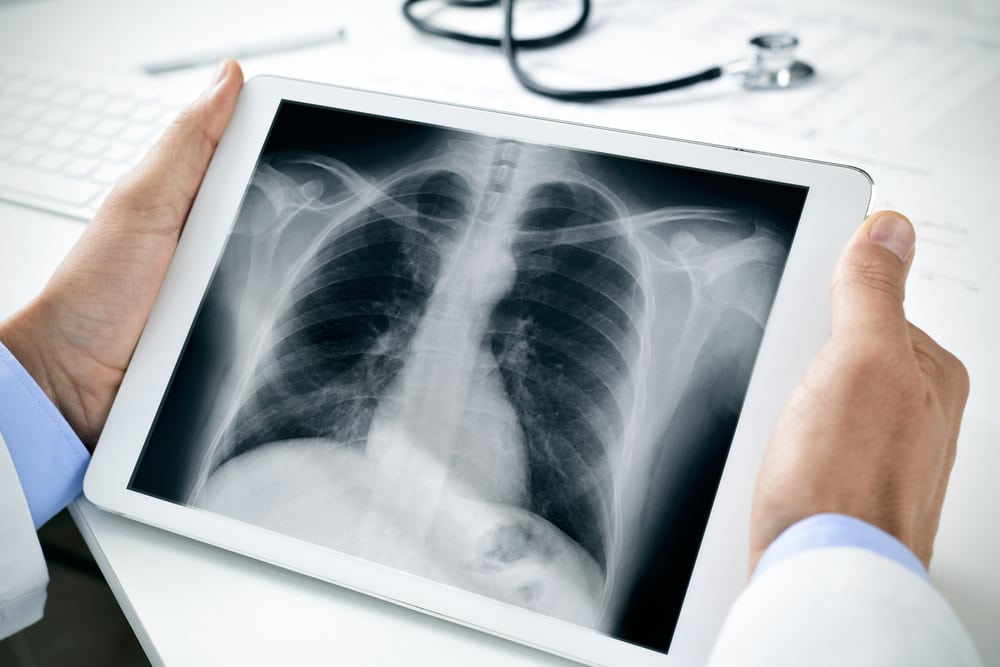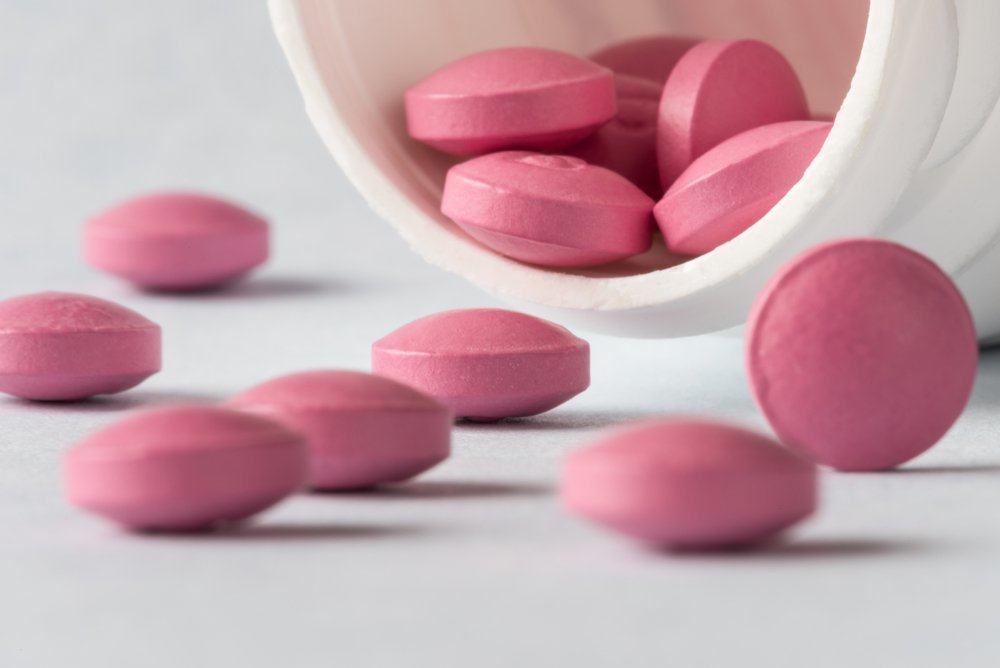Contents:
- Medical Video: Be careful: The First Signs And Symptoms Of Lung Cancer That You Should Not Ignore
- What is a wet lung?
- Various symptoms of wet lung
- What are the diseases that cause wet lungs?
- How do you handle and treat lung excess fluid?
- Some treatment for wet lungs
Medical Video: Be careful: The First Signs And Symptoms Of Lung Cancer That You Should Not Ignore
Continuous coughing and accompanied by fever, can sometimes be one of the signs or symptoms of exposure to wet lungs. Wet lung is a condition that is common in Indonesia and does not spread from one person to another. Then what is meant by the condition of the wet lung? Are there causes and ways to treat it?
What is a wet lung?
Wet lungs or in the medical world are called pleural effusion usually a symptom of the disease. So, usually if you experience wet lungs, it means there are certain diseases that cause these symptoms.
Wet lungs occur because there is excess fluid in the pleura. Pleura is the membrane that lines the chest wall. The chest cavity itself is "home" to your lungs. Thus, the pleural membrane is located between the lungs and the wall of the human chest cavity.
Wet lung conditions are usually very common, and are more common in women than men. This condition can occur in patients of any age.
Various symptoms of wet lung
There are several symptoms that accompany if you have wet lungs. One of them may feel chest pain. However, often the condition of the lung that is submerged in this liquid does not cause any pain or signs. The following are general symptoms that may occur.
- Dry cough
- Fever
- Difficulty breathing, especially when lying down
- Chest pain
- Hard to breathe
You can also experience symptoms of a disease that causes fluid buildup. There may be signs and symptoms not mentioned above. If you have concerns about a particular symptom, consult your doctor.
What are the diseases that cause wet lungs?
The condition of the lungs affected by fluid buildup can be caused by irritation or infection of the lungs. You can see some of them below.
- Lung infection (pneumonia), tuberculosis, and cancer can cause inflammation of the lungs and pleura
- Congestive heart failure
- Cirrhosis (bad heart function)
- Pulmonary embolism, which is a blockage in the pulmonary artery
- Severe kidney disease can affect how fluids are stored in the body
- Lupus and other autoimmune diseases
How do you handle and treat lung excess fluid?
Often there is no need for special treatment for fluid buildup in the lungs, because the fluid will disappear on its own if the cause has been overcome. If the buildup of fluid causes discomfort, the doctor will expose the fluid with aspiration of pleural fluid or pleural drainage.
Some treatment for wet lungs
There are several ways that doctors can do to reduce the amount of fluid in the pleura. The following are recommendations that may be given by a doctor.
- Pleurodesis, in which special fluid will be injected into the membrane area, causing minor inflammation. This helps prevent the accumulated fluid from multiplying. Chemical substances that are often used are tetracycline, sterile talc, and bleomycin.
- Pleurodesis is most often used in recurrent effusion treatments caused by cancer.
- Install a permanent drainage so that fluid can come out of the chest cavity once the liquid is formed.
- An operation to install a shunt to remove fluid from the chest into the abdominal cavity.
- Pleurectomy, which is the operation of removing excess fluid. This action is sometimes performed on people with wet lung due to cancer and used when other treatments are unsuccessful.













